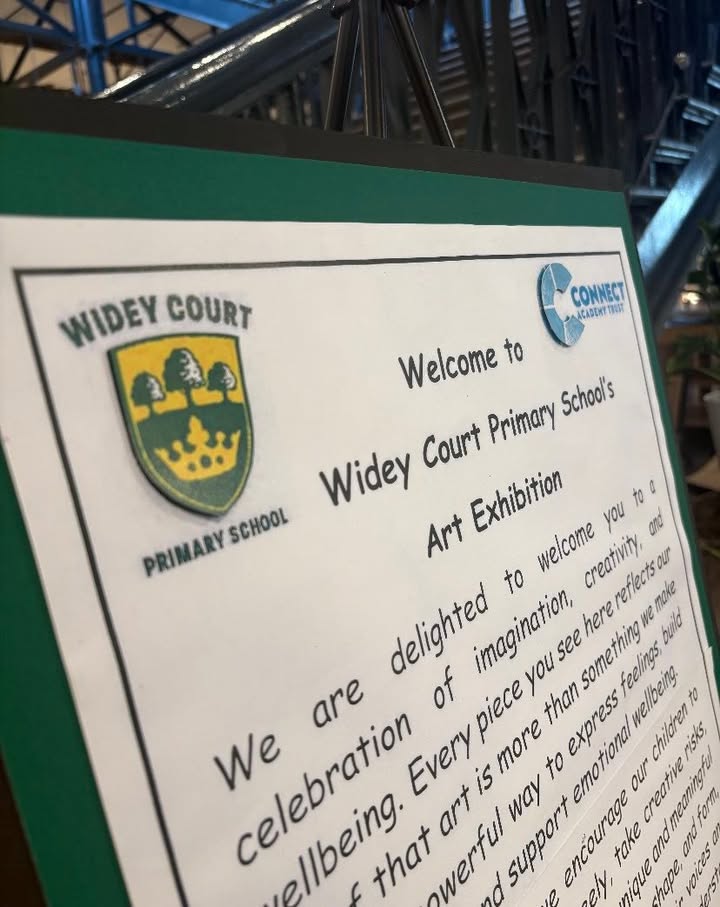About this curriculum
We believe that in a diverse and interconnected world, a deep understanding of various faiths and belief systems is essential, not just as a subject of academic inquiry but as a crucial life skill. Therefore, our goal is to ensure that every child, irrespective of their individual needs or educational barriers, leaves our institution with a profound grasp of the rich tapestry of religious and ethical beliefs that shape human experiences.
Intent

Here at Widey Court our aim is to teach high quality Religious Education lessons to all pupils regardless of need or barrier. We follow the Plymouth Agreed Syllabus and teach systematic and thematic units from Early Years Foundation Stage to Year 6
Our approach is to have three core elements in our curriculum that are succinct and provide breath and balance. We want our children to leave school with a deep body of knowledge, understand their own beliefs and practices, and be tolerant and be respectful of others in the local community and the wider world.
Implementation

Children will be taught, by Teachers and HLTAs, the Plymouth Agreed Syllabus covering Christianity, Judaism, Islam and Hinduism over their time at Widey Court. Children will enjoy school trips, welcome visitors and view artefacts– all of which works to enrich their experience within RE.
During their time at Widey the children will be:
Making sense of beliefs by identifying core religious and non-religious beliefs and understanding what these beliefs mean within traditions, recognising how and why sources of authority are used, expressed and interpreted and develop their own skills of interpretation.
Making connections between their own lives and the beliefs and practices studied. They will challenge what they have studied and by evaluating, reflecting and connecting beliefs and practices.
Understanding the impact of people’s beliefs and how they put them into action every day.
Impact

We want the children to leave school with a deep body of knowledge. Through lesson observations, pupil voice, books and discussions children will be able to demonstrate their increasing knowledge of beliefs and concepts. Children will be able to recall known facts that have been taught and gain a deeper understanding of the substantive concepts over time making connections. To aid this deep understanding, ROCKS is used as an assessment tool to track knowledge, skills and understanding.

















